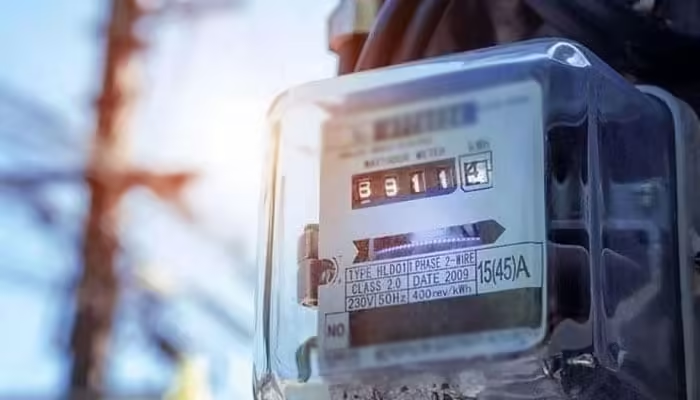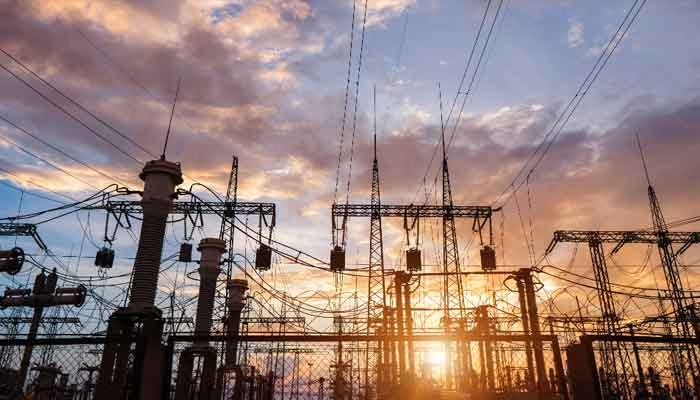Electricity prices in Pakistan may soon rise again, as electricity distribution companies have submitted a formal request to the National Electric Power Regulatory Authority (NEPRA) to increase rates. According to sources, if approved, this new rate hike will add a staggering 8.71 billion rupees to the financial burden on consumers across the country.
Background of the Proposed Price Hike
This price hike proposal, submitted as part of the quarterly adjustment process for the current fiscal year, is scheduled for a hearing on November 20. Quarterly adjustments are routine evaluations conducted to account for changes in production and distribution costs, ensuring that electricity pricing aligns with operational realities. However, with rising energy production costs and distribution challenges, these adjustments are beginning to weigh heavily on Pakistani households and businesses.
According to documents submitted to NEPRA, the proposed increase includes costs related to capacity charges, system charges, operations and maintenance, and market operations fees. This fee breakdown highlights the extensive operational expenses faced by electricity distribution companies.
Details of the Proposed Charges
The application submitted by the electricity companies provides insight into the breakdown of the proposed charges:
- Capacity Charges: The largest portion of the requested increase is attributed to capacity charges, with an estimated 8.06 billion rupees. Capacity charges refer to costs related to maintaining and expanding the grid’s capacity to meet demand. These charges are often fixed costs, paid to ensure that power plants and infrastructure are available to generate and supply power as needed.
- Operations and Maintenance: An additional 1.25 billion rupees has been requested for essential maintenance and operational expenses, which cover regular upkeep, staffing, and logistical costs associated with the smooth operation of the grid.
- System Charges and Market Operations Fee: The application also includes a request for 1.65 billion rupees to cover system charges and market operations. These fees are essential for the efficient functioning of the electricity grid, ensuring that energy is distributed fairly and reliably.
Cost Reductions from Efficiency Improvements
Despite the substantial proposed increases, the NEPRA document notes some cost-saving measures. Distribution companies reported a 2-billion-rupee reduction in losses from transmission and distribution inefficiencies. This cost savings reflects efforts to minimize the amount of energy lost during transmission and distribution, a common problem in power grids where energy is lost as it travels from plants to end-users. These efficiency improvements, though helpful, do not fully offset the need for additional funds, hence the request for increased rates.
Impact on Consumers
If NEPRA approves the request, the added financial burden will be passed on to consumers, both residential and commercial. The increase would mean higher electricity bills across the board, affecting everyone from individual households to large industrial users. For many consumers, especially those already struggling with inflation, this added expense could significantly strain household and business budgets.
Public Concerns Over Rising Energy Costs
The proposed increase has sparked concern among consumer rights advocates and the general public. The rising cost of energy has been a significant source of frustration for Pakistani citizens, many of whom are facing multiple economic challenges. Price increases not only affect individual budgets but also have ripple effects on the economy, influencing the costs of goods and services.
Consumer advocacy groups argue that while operational costs and capacity needs must be met, there should be an increased focus on alternative solutions, such as renewable energy and improved energy efficiency. Many believe that a long-term energy policy focused on sustainable development and minimizing dependence on imported fuel could help mitigate the need for regular price hikes.
NEPRA’s Role and Responsibility
NEPRA, the regulatory body responsible for setting and regulating electricity tariffs, has a critical role in evaluating the fairness and necessity of this price increase. Its mandate includes balancing the operational needs of electricity companies with the interests and financial capabilities of consumers. During the hearing on November 20, NEPRA will review the companies’ justifications for the requested increase, considering factors such as fuel costs, inflation, and transmission needs.
NEPRA’s decision will be closely monitored by industry experts and the public alike, as it will directly impact household and business expenses in the coming months. The outcome of this hearing could set a precedent for future adjustments, making this case particularly significant.
Potential Solutions and the Future of Pakistan’s Energy Sector
To reduce reliance on these periodic price increases, experts emphasize the need for a diversified energy policy. Investing in renewable energy sources, such as wind, solar, and hydroelectric power, could provide more stability in electricity pricing. Additionally, infrastructure improvements in the power grid could reduce transmission losses, potentially saving billions in future operational costs.
In the longer term, energy policy reforms aimed at increasing efficiency and reducing dependency on imported fuel could benefit both the environment and the economy. For example, initiatives to upgrade grid technology, enhance the capacity of renewable energy sources, and adopt energy-efficient practices could gradually lower operational costs for distribution companies, reducing the frequency of tariff hikes.
Navigating a Challenging Energy Landscape
The proposed increase in electricity prices, while reflective of operational demands, places a substantial burden on Pakistani consumers. As NEPRA evaluates the proposal, many hope that a balanced approach will be adopted—one that recognizes the financial struggles faced by the average consumer. The ongoing discussions also highlight the importance of developing a sustainable, resilient energy infrastructure that minimizes the need for frequent price adjustments.
As Pakistan’s energy sector continues to evolve, achieving a stable and affordable electricity supply remains a top priority. By focusing on sustainable practices and efficiency improvements, the nation can work toward a future where energy is both accessible and affordable for all citizens.



